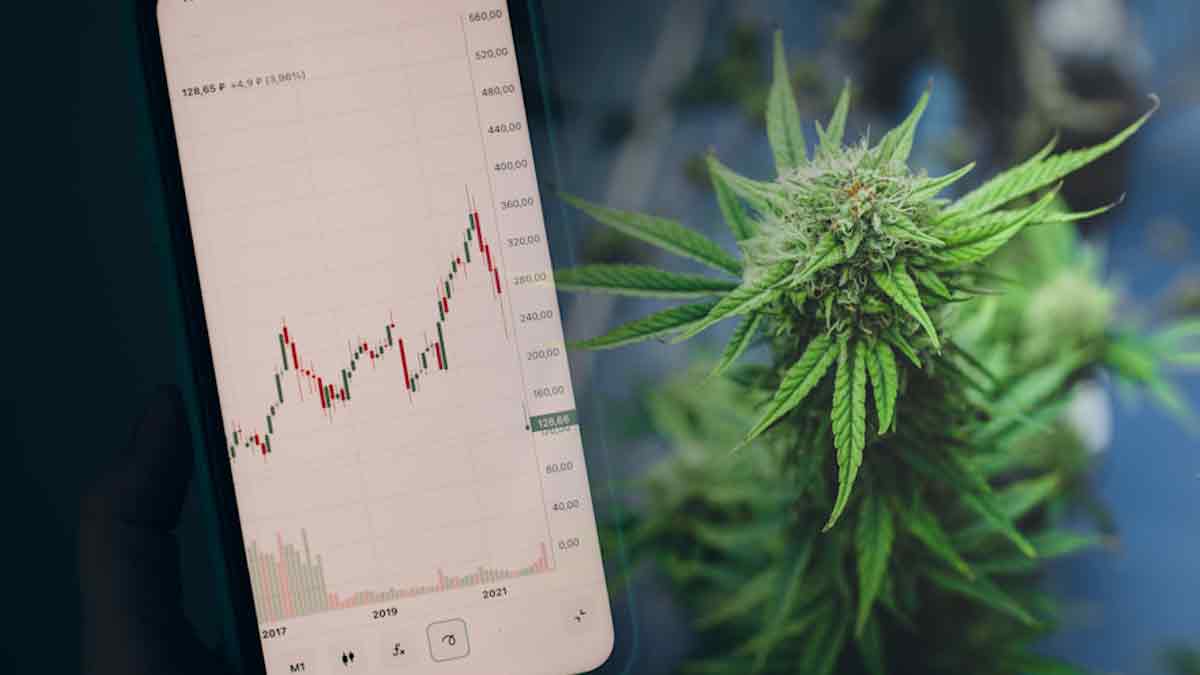While public support for legal marijuana expands across the country, ambiguity surrounding cannabis laws in Washington, D.C., has provided an opportunity for online merchants. Yet it has also put consumers in a complicated position.
The District’s recreational marijuana law, a voter-gave the green light for the ballot initiative that was passed back in 2014, legalized the possession, cultivation, and gifting of particular quantities of recreational cannabis, but not the selling of it. Initiative 71’s framework left open the question of where people would get the recreational pot that they are allowed to possess.
Local politicians and the D.C. Department of Health has argued in favor of fully legalizing and regulating the sale of marijuana, but Congress has prevented the District from moving forward by restricting its funding. That funding remains in question as Congress debates spending bills for the next fiscal year. D.C. Delegate Eleanor Holmes Norton, a nonvoting member of the U.S. House, has been lobbying lawmakers to lift the regulations.
In the meantime, some D.C. distributors have found a way to thrive.
LeafedIn, an app that provides a map of cannabis distributors, has seen an exponential increase in D.C. users this summer. John Khainson, one of the founders of LeafedIn, points out another trend in the current market: “We have seen an increasing amount of female users. This is a great indicator since the marijuana industry has been male-dominated for decades.”
D.C. blogger and weed connoisseur Joe Tierney, also known as the Gentleman Toker, says young entrepreneurs are increasingly taking advantage of the law’s gray areas around “gifting” to promote their startups. They’ll sell food or clothes along with a marijuana “bonus.”
“The cool thing about Initiative 71 is that it’s created this power dynamic where brands can get recognition through cannabis,” he says. “Businesses like District of C and Pink Fox have really grown their art and fashion lines directly through this self-managed system.”
To be clear, selling weed still isn’t legal in D.C., says Kate Bell, a member of the pro-legalization Marijuana Policy Project.
The trouble isn’t just about distribution. Consumers are moving into their own gray areas. Bell emphasizes that one of the reasons legalization advocates like herself are driving for broader legalization is because of differences between property owners and renters. People who rent their homes are more likely to run into issues with their landlord and may even be evicted. Tenants who possess marijuana may hesitate to file apartment complaints about fear of retribution.
Bell also is concerned about the continued racial differences in public-consumption arrests; D.C. bars consumption of marijuana in public spaces and on federal property.
“One of the purposes of legalization was to address some of the discriminatory practices predominantly targeting African-Americans,” she says. Decriminalizing marijuana made the number of arrests go down, but there are still disparities. “Before the Initiative, 91 percent of public consumption arrests reported by police were African-American. It’s gone down to about 85 percent, which still isn’t good.”
As public support for marijuana has reached an all time high, more states are hopping on the legalization bandwagon. On July 1, Nevada became the fifth state to allow the recreational use of cannabis.
MAPH Enterprises, LLC | (305) 414-0128 | 1501 Venera Ave, Coral Gables, FL 33146 | new@marijuanastocks.com










